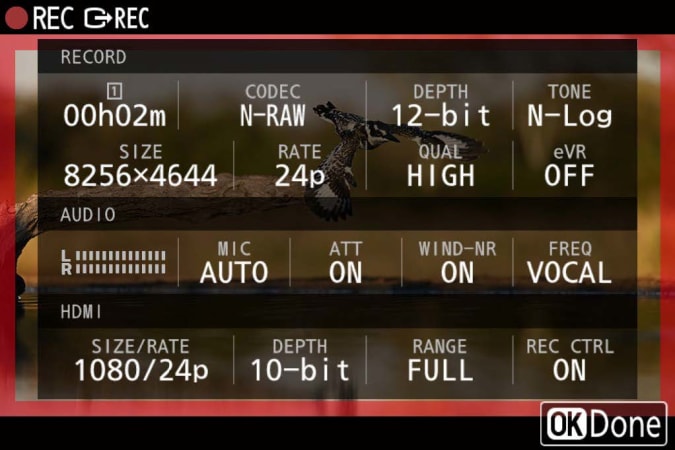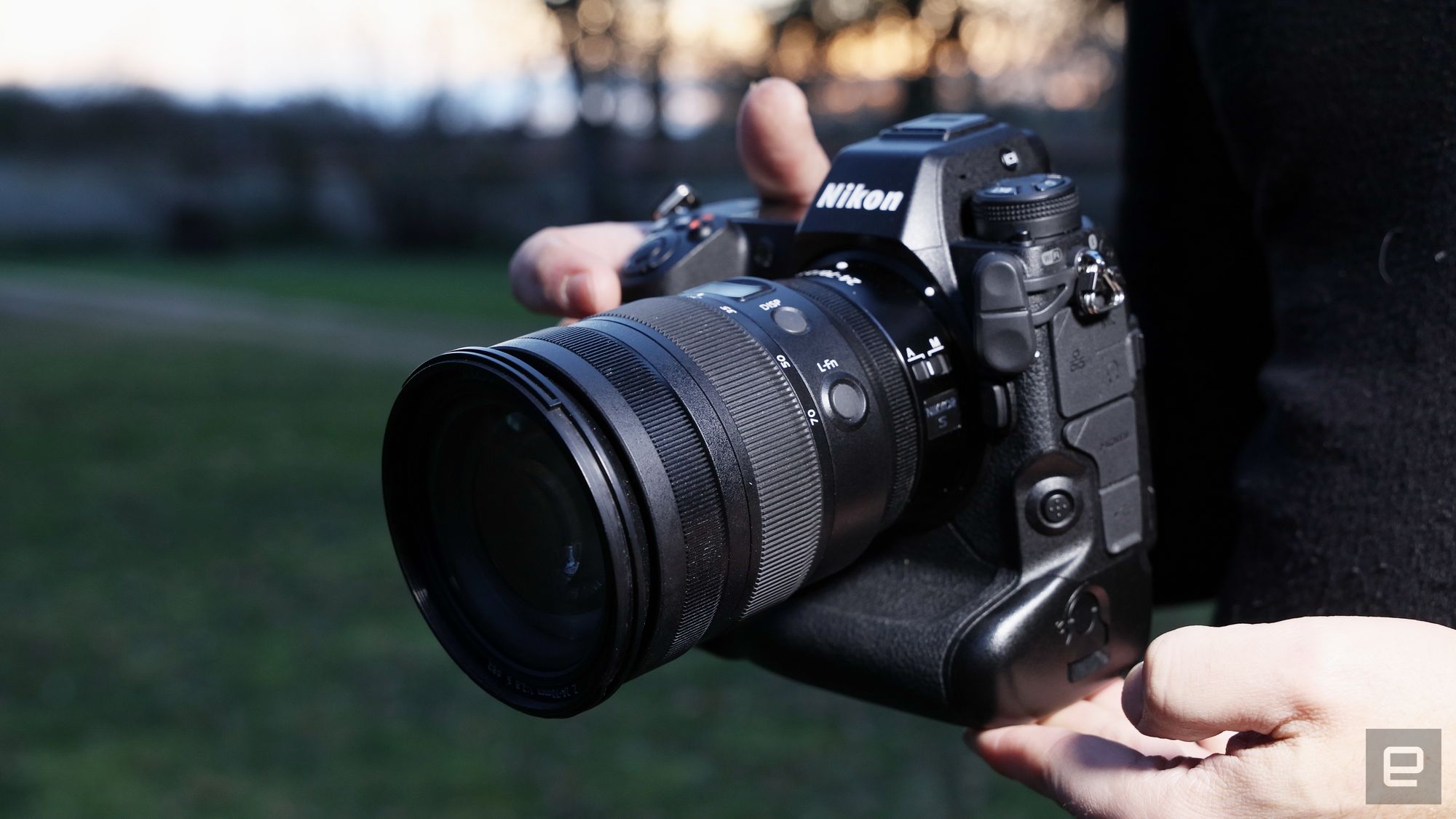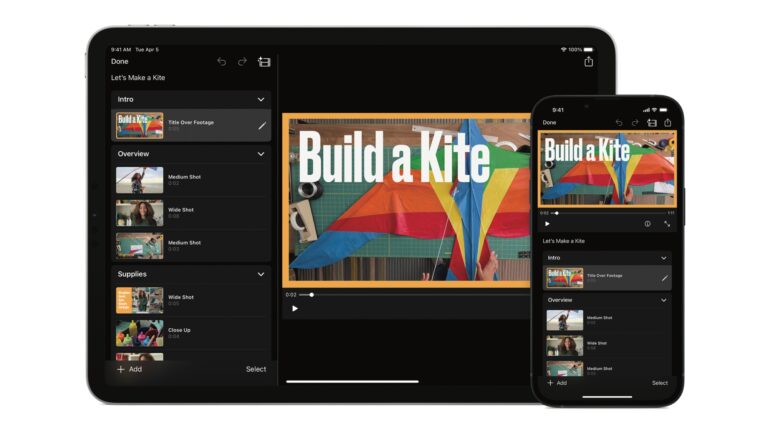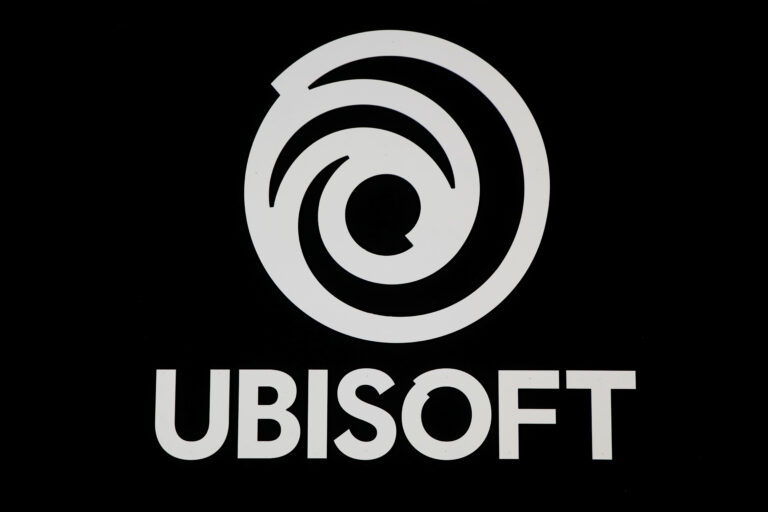Nikon’s Z9 gets 8K 60p RAW video and more via a major firmware update
Nikon has released the firmware 2.0 update for its flagship mirrorless Z9 camera that gives it significant new video powers including 8.3K 60p RAW. It also offers benefits to photographers with autofocus and EVF enhancements along with a new feature that pre-captures photos before you hit the shutter button.
The 45-megapixel Z9 was already a powerful mirrorless camera for video, but the new enhancements put it ahead of all rivals, including Sony’s A1 and Canon’s EOS R5, at least on the spec sheet. The biggest update is the addition of 12-bit RAW video at up to 8.3K 60p using Nikon’s new RAW video format called N-RAW, along with 12-bit ProRes RAW HQ capture at up to 4.1K 60p.

Nikon
N-RAW “records a vast amount of scene information, yet is a significantly smaller file size, allowing for much more recording time and [a] less intensive workflow,” Nikon wrote in a press release. The files take up about half the space of equivalent ProRes RAW HQ files (ProRes RAW HQ 12-bit, 4K 24p video has a data rate of 80-140 MB/s). At the same time, they contain a large amount of detail and up to 68 billion colors, something that’s very helpful for VFX, editing and color correction.
A company called IntoPix previously said that Nikon would be using its TicoRAW technology for RAW video. When the firmware is released, N-RAW will be supported on DaVinci Resolve and Edius, but not Premiere Pro, Final Cut Pro or other editing apps.
On top of 8.3K 60p, the Z9 can capture N-RAW 4.1K 120p, 60p, 30p and 24p (plus equivalent PAL formats) in full frame FX mode, 5.3K 60p, 30p and 24p with a 1.5X crop and 3.8K 120p with a 2.3X crop. It also creates an MP4 proxy file, allowing for “previews, quick transfers or edits on the fly,” according to Nikon.
If you’d rather shoot ProRes RAW HQ, 8K isn’t an option as capture is limited to 4.1K 60p, though crop options are available. Nikon has also introduced an “extended oversampling mode” delivering 2:1 oversampled 4K 60fps footage from an 8K capture. That setting requires a very fast CFexpress card, limited to ProGrade’s Cobalt 650GB or 325GB memory cards. Nikon also launched its own CFexpress card today, the 660GB MC-CF660G, arriving in June 2022 with up to 1700 MB/s and 1500 MB/s read/write speeds.
Video operation is also improved with several new features. The most requested is the addition of a waveform display that greatly helps visualize exposure, particularly with in log modes. You can also put a red frame around the display during recording and adjust the magnification. Other features include finer ISO increments for smoother transitions and a “Fast AF On” function that lets you quickly change the AF speed without diving into menus — another much-asked-for setting.

Nikon
On the photography side, the Z9 now has a pre-buffer option for JPEGs only, at 30fps full resolution and 11-megapixel 120 fps modes. It captures buffered images when the shutter button is half press pressed, keeping up to a second of images when you fully press it. It also retains up to 4 seconds afterwards.
Meanwhile, Nikon boosted the EVF’s refresh rate to a smoother 120 fps, bringing it in line with rivals like Sony and Canon — though enabling the setting will reduce battery life. It also added custom Wide AF zones, letting you select which parts of your scene are active and create two user-defined zones. That way, you can keep the AF and subject tracking in a defined area to improve focus reliability.
The update is one of the most impressive I’ve seen and significantly improves the $5,500 Z9’s functionality and desirability. Features like MP4 proxies are usually only seen on pro video cameras. However, Nikon has nothing to lose by making the Z9 a limit-free video powerhouse, because unlike Sony and Canon, it has no professional video lineup to cannibalize. The firmware 2.0 upgrade will be available to download for free starting on April 20, 2022 at Nikon’s website.
All products recommended by Engadget are selected by our editorial team, independent of our parent company. Some of our stories include affiliate links. If you buy something through one of these links, we may earn an affiliate commission.






